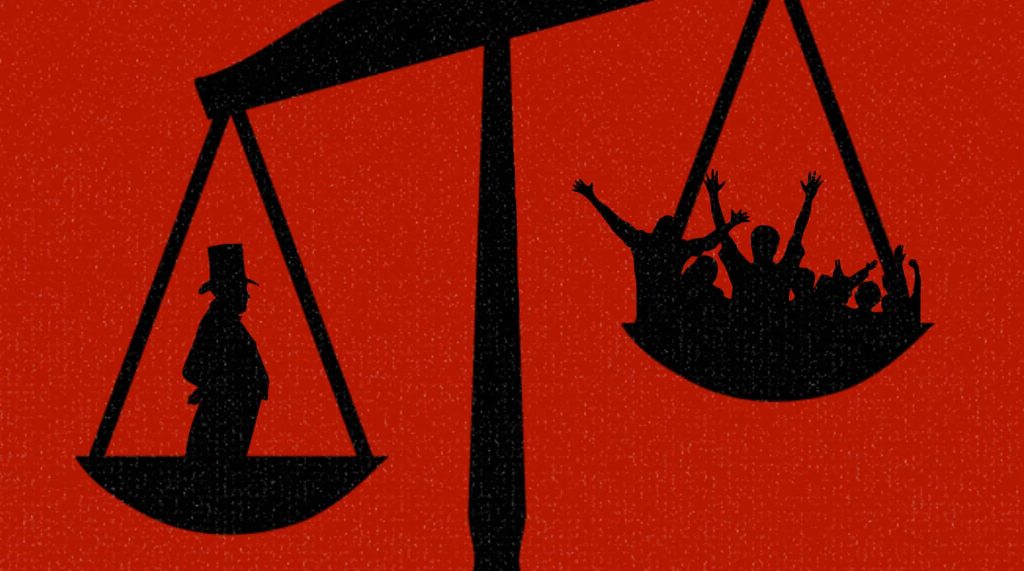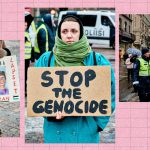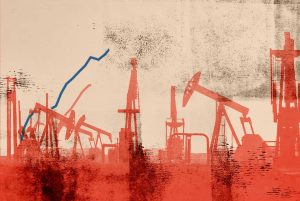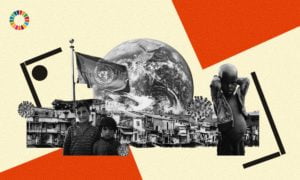The rising levels of wealth inequality in the Middle East sparks debate over the need for progressive taxation models to bridge the extreme concentration of wealth in the region.
On January 4th 2023, Dubai announced an 8.7 trillion-dollar expansion plan as a part of its diversification plan to shift its focus from revenues generated from oil reserves. The emirate aspires to become a global financial hub by boosting its manufacturing and logistics, making it an attractive proposition for foreign investors.
Saudi Arabia’s Vision 2030 is another diversification strategy under the leadership of Crown Prince Mohammed bin Salman to reduce its dependence on hydrocarbons. The government estimates it can raise 1 trillion riyals in non-governmental revenue and decrease the unemployment rate from 12% to 7% by 2030. Qatar also positions itself to be one of the emerging investment destinations by implementing the policies from the Qatar National Vision 2030.
One of the steps taken in that direction was hosting the world cup in 2022. Qatar aims to improve its local business environment through flexible economic policies and forming essential partnerships between the public and the private sector.
With economic growth and diversification as one of the most important priorities of the Arab countries, the governments have made efforts to lower taxes to attract billionaires to invest their funds in their respective economies. For instance, Qatar has exempted income tax for foreign investors for up to 10 years and relaxed the rules surrounding the ownership of capital to facilitate foreign direct investment (FDI).
Saudi Arabia does not levy personal income tax and wealth tax, but funds its revenues and subsidies through oil revenues. Similarly, Dubai does not have any taxes on wealth, income, capital gains and inheritance. Such taxation policies make these economies a tempting option for individuals aiming to earn tax-free benefits.
However, the aftermath of such policy initiatives could be seen in the rising levels of inequality in the Middle East. As per the report published by the World Inequality Lab, the Middle East and North Africa (MENA) has the highest rates of inequality in the world.
There exists an extreme concentration of wealth in the top 1%, such that they collectively own 23% of the total income. In the MENA region, the Arab countries have the highest levels of inequality, where 54% of the total income is concentrated in the top 10% and a mere 12% of the wealth is shared amongst the bottom 50%.
There has been a growing consensus among various experts regarding the introduction of a wealth tax to bridge the inequality gap that is present in these economies. The economic activity in the Middle Eastern and North Africa region is expected to sharply contract from 6.1% in 2022 to 3.5% in 2023.
Despite the high-growth rates in the previous year, economists suggest that the growth has been uneven across all regions. Certain macroeconomic shocks, such as the COVID-19 pandemic, the Russia-Ukraine war and rising global interest rates, have adversely affected the bottom 50% of the economy.
Recent studies indicate that the share of public wealth has been falling in the past years and the proportion of private wealth has been rising. The pandemic has exacerbated the condition which resulted in extreme wealth among billionaires. Hence, it is critical to introduce fairer taxation systems to tackle extreme inequalities.
The existing wealth taxes mainly include a flat rate on the properties acquired by individuals and have no real economic significance in the current economic system. There is an urgent need to introduce a modern progressive wealth taxation system that ensures redistribution of wealth in society. A pivotal step taken in this direction would be to replace the existing property taxes with progressive modern taxes.
The payoff from such a policy initiative would be an upsurge in the tax revenues which could be utilised for a wide range of social security programmes. The governments usually rely on their oil revenues for subsidies and other social security payments. The low tax rates on wealth could raise the wealth generation capacity of the families belonging to the bottom 50% who are deprived of necessary capital. These systems would also prevent the rise of market distortionary practices of large companies and ensure sustainable growth.
Apart from such systems, respective governments could modernise their revenue administrations and diversify their economy. Careful implementation of such reforms through transparent and clear communication mechanisms would create a significant change in improving the lives of their citizens.



















